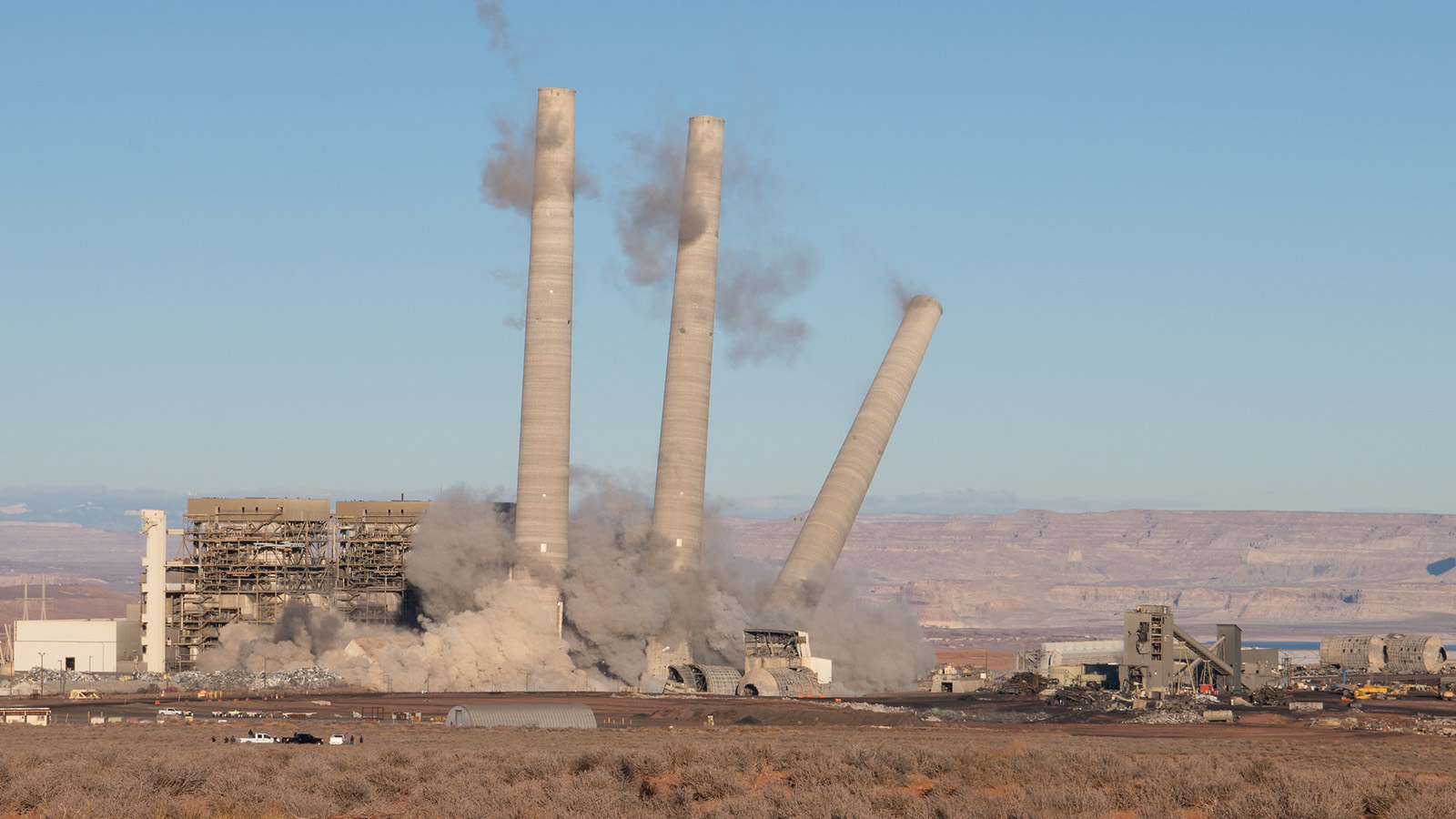Coal's Dark Secret: How Mining and Burning Fuel Destroys Our Planet's Future

In an era of rapid technological advancement, it's time to move beyond our reliance on coal and embrace cleaner, more sustainable energy solutions. The days of polluting our precious air and water resources are numbered, as innovative renewable energy technologies offer us a brighter, healthier alternative.
Renewable energy sources like solar, wind, and hydroelectric power provide us with clean, efficient alternatives that don't compromise our environment. These technologies not only reduce harmful emissions but also create new job opportunities and drive technological innovation. By transitioning away from coal, we can protect our planet, improve public health, and build a more sustainable future for generations to come.
The choice is clear: we have the technology, the knowledge, and the motivation to leave behind outdated and destructive energy sources. It's time to invest in clean energy and create a world where our power generation doesn't come at the cost of our environment and our health.
